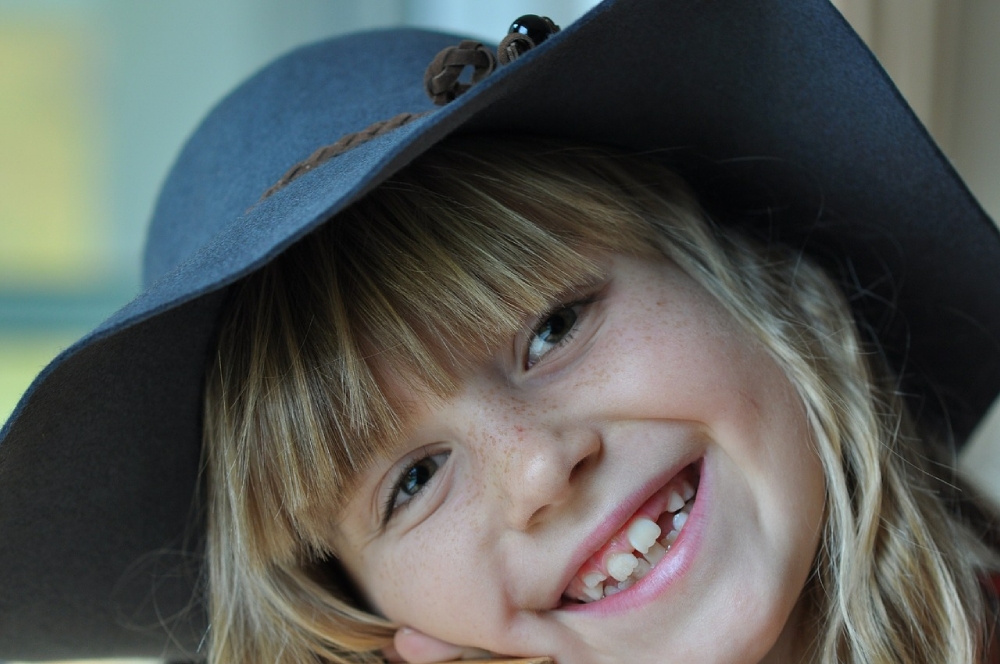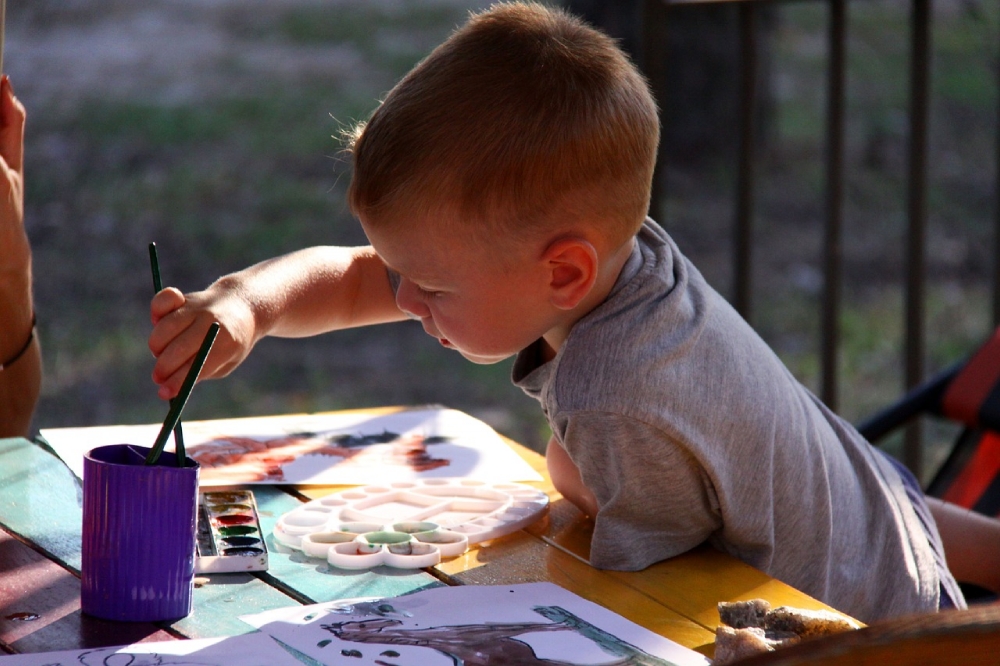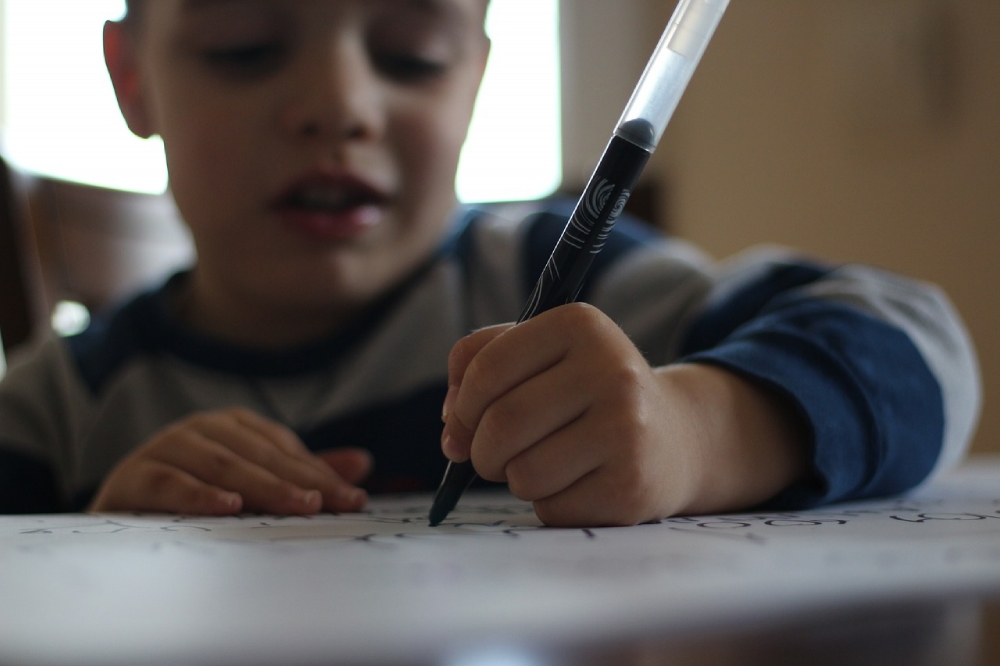How to raise a confident child
October 2nd, 2017
2458 Views

With stranger danger, cyber-bullying and peer pressure, we can often be so overcome with concern that we can become nervous wrecks. What we don't want to do however is pass these fears to our children. So how do you raise a confident child in a world overshadowed with apprehension?
Check out these top three tips to give your child the most confident start in life.
Check out these top three tips to give your child the most confident start in life.
Enjoy the doing, not the done

In whatever task you are doing with you child, be it climbing trees or painting a picture, focus on the process rather than the outcome.
Ok, so their finished picture leads you to thinking they're not exactly the next Picasso. Instead think about the effort they put in, the thought they gave it, the decisions they made. Praise the time and care they took, rather than focus on the finished result.
If your child feels supported in their efforts, no matter what the product, they will be more willing to 'have-a-go' and confident to try their best at whatever task is laid before them.
Ok, so their finished picture leads you to thinking they're not exactly the next Picasso. Instead think about the effort they put in, the thought they gave it, the decisions they made. Praise the time and care they took, rather than focus on the finished result.
If your child feels supported in their efforts, no matter what the product, they will be more willing to 'have-a-go' and confident to try their best at whatever task is laid before them.
Teach, don't do
This is one of the hardest challenges for parents to master. When you child is faced with a task they find difficult, coach them through it, supporting them to achieve each step, rather than doing it for them.
Do things with your child rather than for them and they learn to persevere and persist. If you simply avoid the challenge and do it for them, you're effectively teaching them to give up and therefore lowering their confidence.
This is one to pick your battles with. We know that sometimes it's quicker to do it yourself (such as getting dressed in the mornings) but whenever possible, even if you start with just changing into PJs, let them be independent. They'll soon gain confidence in their skills.
Do things with your child rather than for them and they learn to persevere and persist. If you simply avoid the challenge and do it for them, you're effectively teaching them to give up and therefore lowering their confidence.
This is one to pick your battles with. We know that sometimes it's quicker to do it yourself (such as getting dressed in the mornings) but whenever possible, even if you start with just changing into PJs, let them be independent. They'll soon gain confidence in their skills.
Feedback not empty prAise

We've all done it. The absent minded, "that's brilliant! Well done!" with one eye on the stove and the other barely glancing at whatever achievement is being proffered. Even if we do give our undivided attention though, our feedback is often superficial.
Rather than, "that looks great" or "well done, you won" be specific in your praise. What new skill did they achieve? How did they get there?
For example, if your child comes first at a game of Snakes and Ladders, rather than praising them for winning, talk about how they "didn't give up, even when they went back down the really big snake".
If they write a story, notice that they went back and corrected a mistake and praise that attitude, rather than a general pat on the back.
When you learn to praise children for what they put in, they learn that these attributes are valuable and gain confidence in themselves as an individual, rather than the individual task they succeeded at.
Rather than, "that looks great" or "well done, you won" be specific in your praise. What new skill did they achieve? How did they get there?
For example, if your child comes first at a game of Snakes and Ladders, rather than praising them for winning, talk about how they "didn't give up, even when they went back down the really big snake".
If they write a story, notice that they went back and corrected a mistake and praise that attitude, rather than a general pat on the back.
When you learn to praise children for what they put in, they learn that these attributes are valuable and gain confidence in themselves as an individual, rather than the individual task they succeeded at.
How do you teach your children confidence? What tricks do you have up your sleeve?
Hayley x

